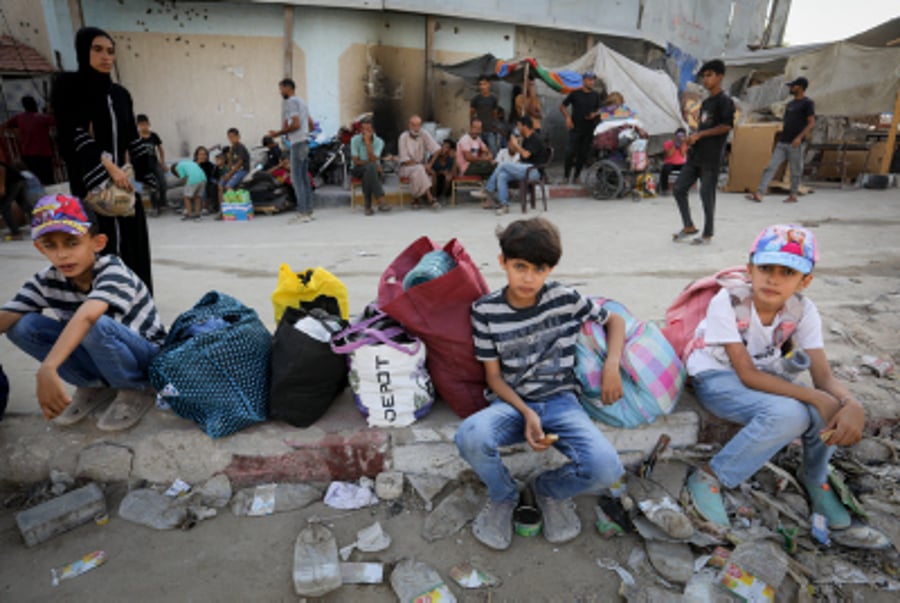
As the Israel-Gaza conflict enters its ninth month, Hamas is confronting a challenge it has rarely faced before: open criticism from within Gaza itself. The group, which has governed the Gaza Strip since 2007, is seeing its support erode as the war's devastating toll on civilians becomes increasingly apparent.
A viral video circulating on social media epitomizes this shift. In it, a bloodied man outside a hospital in central Gaza, identifying himself as an academic doctor, vehemently denounces Hamas leadership as "filthy" and "scum." This public outburst, unthinkable before the war, has become emblematic of growing dissent.
Reports from within Gaza suggest that such sentiments are becoming more common. Residents describe hearing open criticism of Hamas in markets and streets. Some have even taken to nicknaming their donkeys after Hamas leader Yahya Sinwar, using his name as they urge their animals forward.
The reasons for this erosion of support are multifaceted. Some Gazans criticize Hamas for hiding hostages in apartments near busy marketplaces or for firing rockets from civilian areas, tactics that they believe endanger ordinary citizens. Others question the purpose and consequences of the October 7 attacks on Israel, which triggered the current conflict.
Even some Hamas employees are expressing doubts. A senior government worker, speaking anonymously, described the October attacks as "a crazy, uncalculated leap," criticizing the group's lack of preparation for the civilian population in the face of Israel's response.
However, accurately gauging the extent of this shift in public opinion remains challenging. Hamas still maintains a base of fierce loyalists, and years of repressive control make it difficult to assess the true depth of opposition. A recent poll by the Palestinian Centre for Policy and Survey Research found that almost two-thirds of Gazan respondents were satisfied with Hamas, though this conflicts with numerous personal accounts given to international media.
The ongoing conflict has also weakened Hamas's control over Gaza. With an estimated four-fifths of the population displaced and normal law enforcement disrupted, criminal gangs have emerged in some areas, and private security companies run by local families have stepped in to fill the void.
In response to growing criticism, Hamas appears to be ramping up its efforts to control the narrative. Social media campaigns, reportedly coordinated through an international network, attempt to justify the group's actions and respond to specific criticisms.
As the war continues, Hamas faces a dual challenge: maintaining its military campaign against Israel while fighting to retain support within Gaza itself.
The ultimate impact of this growing dissent remains to be seen, but it's clear that the prolonged conflict has sparked a level of internal criticism that Hamas has not faced in its 17 years of rule in Gaza.
* The BBC contributed to this report.



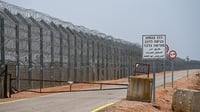

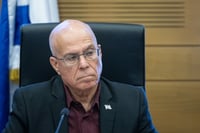

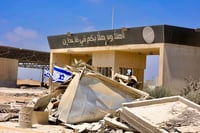



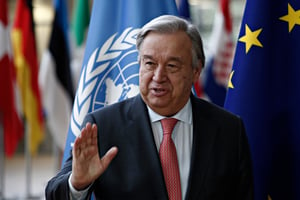
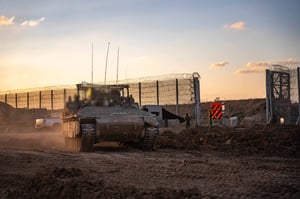
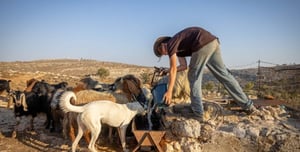

0 Comments